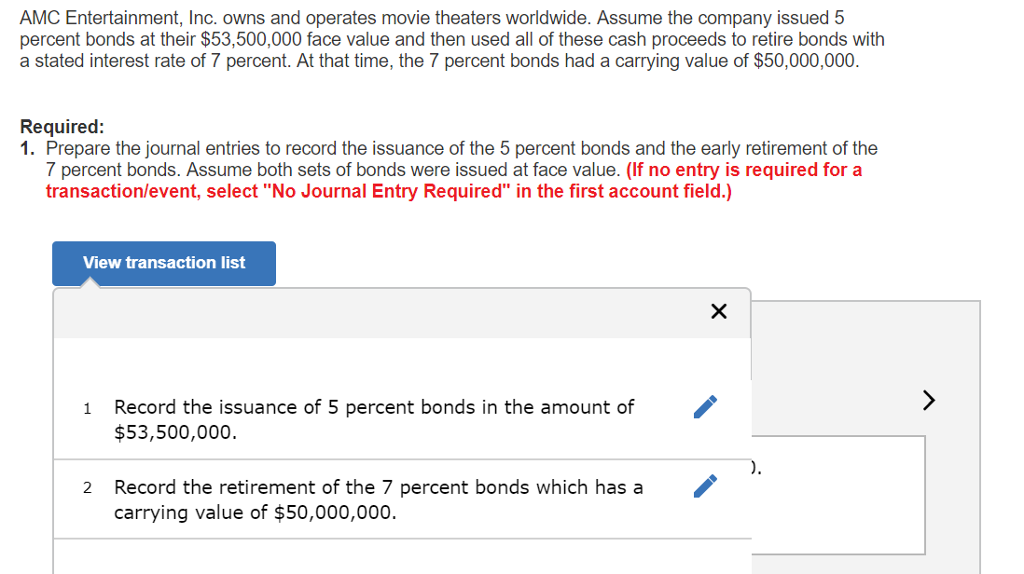Navigating Your Immigration Individual Hearing: Questions, Preparation, and Success Strategies
Understanding the Immigration Individual Hearing Process
The
immigration individual hearing
, often referred to as the
merits hearing
, is a pivotal moment in your journey through U.S. immigration court. During this hearing, you will present your case-whether it is for asylum, withholding of removal, or other relief-directly to an Immigration Judge. The outcome of this hearing can determine your future in the United States, making thorough preparation essential.
[1]
Who Will Be Present at Your Hearing?
Typically, only a select group of individuals may be present in the courtroom, including:
- The Immigration Judge
- The judge’s clerk
- The government attorney (representing the Department of Homeland Security)
- An interpreter , if required
- Your attorney or accredited representative (if you have one)
- Witnesses and any other persons you have invited
It is crucial to note that your story and testimony are confidential and not discussed outside the courtroom. [1]
The Structure of the Individual Hearing
At the outset, the Immigration Judge will formally open the hearing, identify the nature of the proceeding, and verify all parties’ identities. The judge will confirm your name, address, and contact information. If any of your details have changed, you must submit Form EOIR-33/IC to update your information. [2]

Source: fibilaw.com
If you are requesting relief that requires background checks, the judge will ask whether these have been completed. In cases where applicants do not comply with background check requirements, their application may be deemed abandoned. [2]
Types of Questions You May Face
During your individual hearing, you will answer questions from the Immigration Judge and the government attorney. The nature and tone of these questions can vary widely, but they typically fall into several categories:
Biographical and Identity Questions
You will be asked to verify basic information, such as your name, date of birth, country of origin, and current address. [3]
Reasons for Seeking Relief
You must clearly explain why you are seeking asylum or other relief. Be prepared to discuss traumatic or painful experiences in detail. While these topics are difficult, it is essential to be honest and specific so the judge can determine if you meet the legal criteria for relief. [3]
Discrepancies and Weaknesses
The government attorney may attempt to identify inconsistencies in your story or supporting evidence. Be ready to address any discrepancies truthfully and calmly. Preparation with your attorney can help you anticipate these challenges. [5]
Questions for Witnesses
If you present witnesses, both the judge and government attorney may question them about their knowledge of your situation and the circumstances supporting your claim. [1]
How to Prepare for Your Hearing
Preparation is critical for success in your individual hearing. Consider the following steps:
Gather Evidence
Collect documents that support your case, such as police reports, medical records, personal affidavits, and country conditions reports. Organize them logically and ensure you can explain their relevance. [1]

Source: boundless.com
Practice Your Testimony
Work with your attorney to practice answering possible questions. Focus on clarity, honesty, and consistency. You may experience difficult cross-examination, so prepare for challenging questions and rehearse calm, truthful responses. [5]
Prepare Your Witnesses
If you plan to call witnesses, ensure they understand the scope of their testimony and potential questions. Practice with them to help minimize nervousness and confusion. [1]
Know Your Rights
You have the right to bring an attorney or accredited representative. If you do not speak English fluently, you may request an interpreter. Your attorney must file Form G-28 to officially represent you. [3]
Common Challenges and Solutions
Many applicants face challenges such as language barriers, emotional distress, or lack of legal representation. Here are some strategies to address these issues:
- Language Barriers: Request a qualified interpreter in advance. Practice your story in your native language to ensure clarity.
- Emotional Stress: Seek support from mental health professionals or advocacy organizations to help process traumatic events.
- Lack of Representation: If you cannot afford an attorney, search for nonprofit organizations or legal clinics in your area. Consider contacting local bar associations or immigrant rights groups for referrals.
Accessing Legal Help and Resources
Finding qualified legal representation is one of the most important steps you can take. The immigration court system can be complex, and professional guidance significantly increases your chances of a successful outcome. [1]
To find legal assistance, you can:
- Contact local nonprofit organizations specializing in immigration law
- Search for immigration legal service providers through accredited organizations
- Ask for referrals from community groups or religious organizations
- Visit the Executive Office for Immigration Review (EOIR) website for a list of recognized attorneys and representatives
If you are unsure where to start, it is recommended to search for “immigration legal aid” along with your city or state to find nearby options.
Alternative Approaches and Next Steps
If you are unable to secure legal representation before your hearing, prepare thoroughly by studying official resources and practicing your testimony. The U.S. Citizenship and Immigration Services (USCIS) website offers detailed information about the asylum process, required documents, and interview procedures. [3]
For individuals in expedited removal proceedings, understanding the credible fear interview process is essential. If you express fear of persecution or torture, you may be interviewed by an asylum officer and, if denied, can request a review by an Immigration Judge. [4]
When preparing for your hearing, remember:
- Review your entire case file and supporting documentation
- Prepare clear, chronological answers to potential questions
- Practice handling cross-examination and stress management
- Remain truthful and consistent throughout your testimony
Key Takeaways
The immigration individual hearing is a decisive event. You can maximize your chances of success by:
- Understanding the types of questions you will face
- Practicing your answers with professional help
- Preparing witnesses and supporting evidence
- Seeking legal assistance whenever possible
Preparation, honesty, and clarity will help you present your story effectively. If you need guidance, consider contacting a local immigration legal service provider or searching for “immigration court legal aid” in your area.
References
- [1] ASAP (2025). Immigration Court FAQs: Individual Hearing Process and Preparation.
- [2] Department of Justice (2025). Individual Calendar Hearing Procedures.
- [3] USCIS (2025). Affirmative Asylum Frequently Asked Questions.
- [4] USCIS (2025). Questions and Answers: Credible Fear Screening.
- [5] Immigration Equality (2023). Immigration Court Proceedings: Preparation Guide.
MORE FROM couponnic.com













